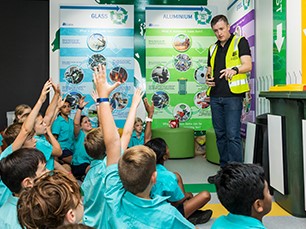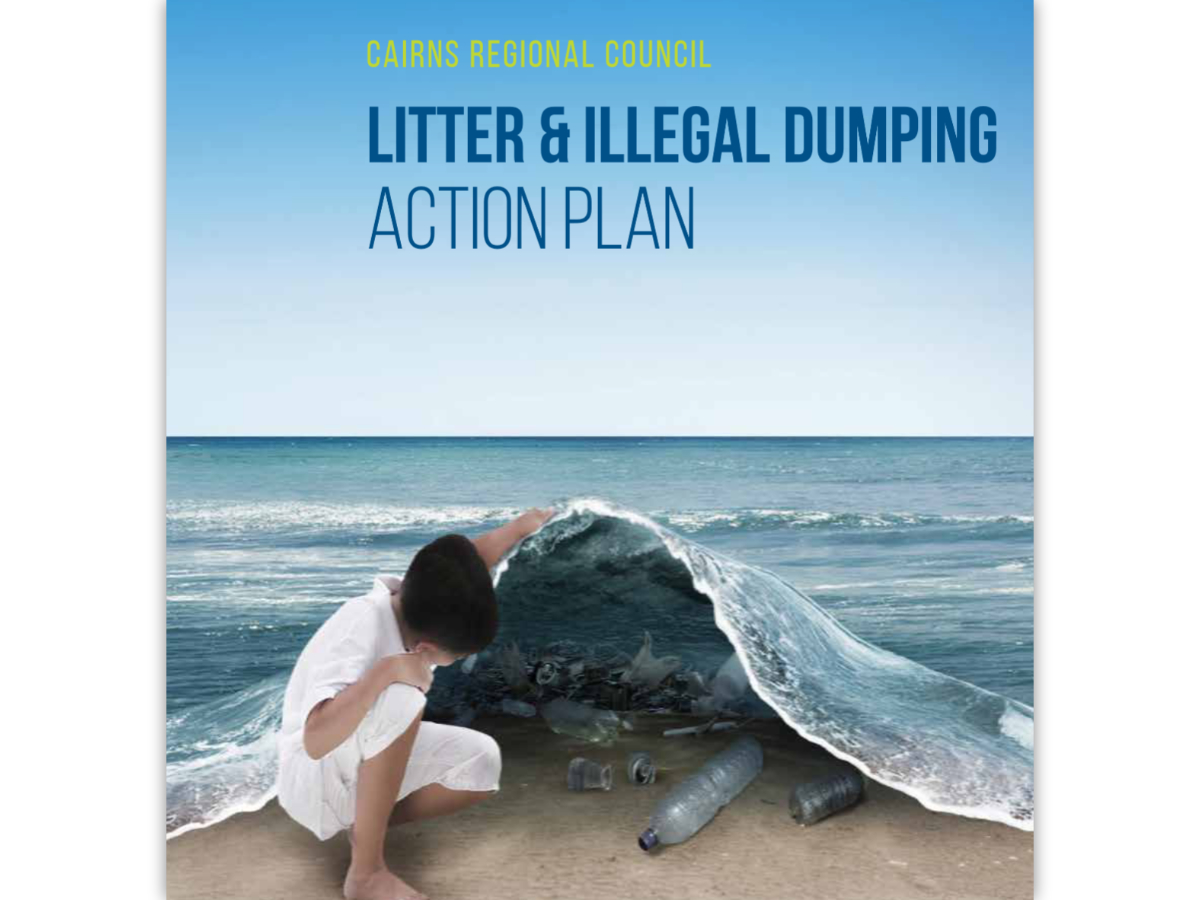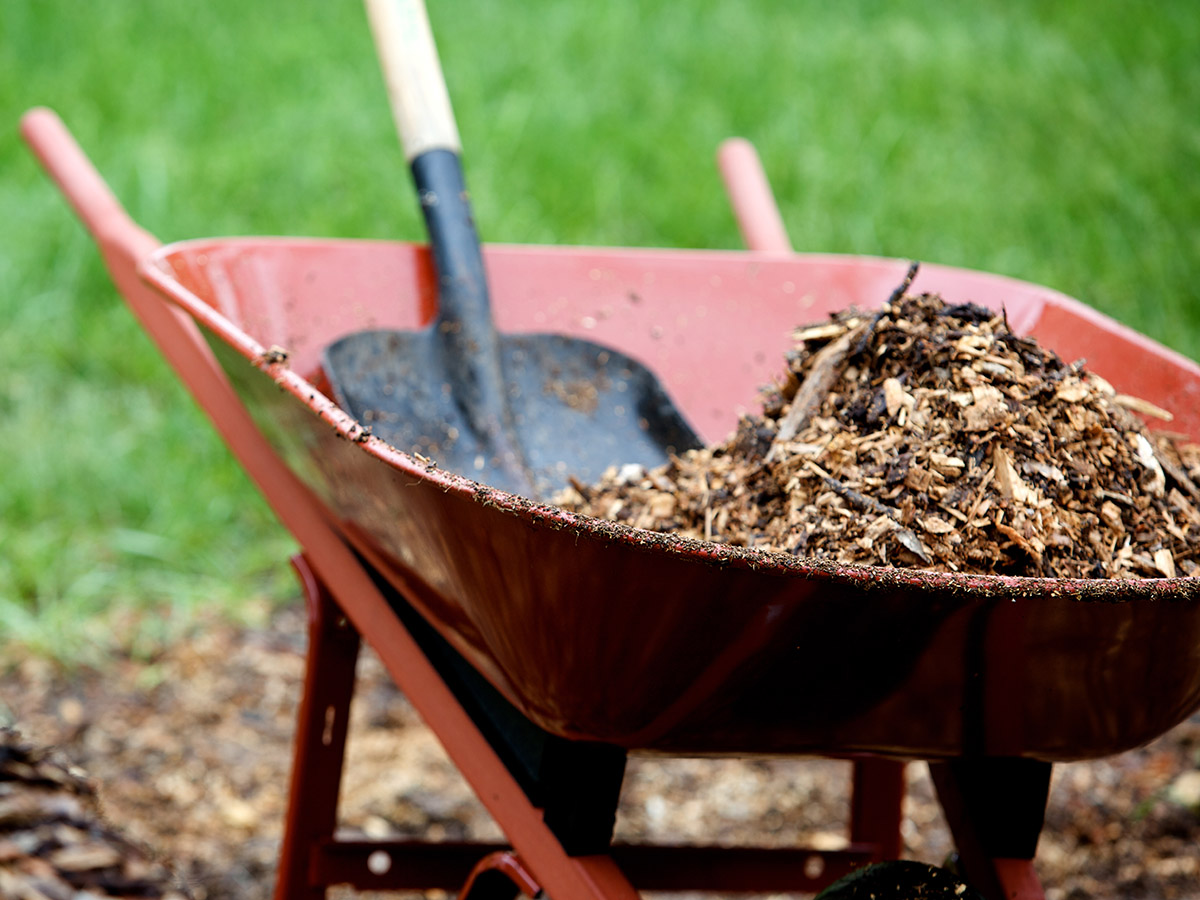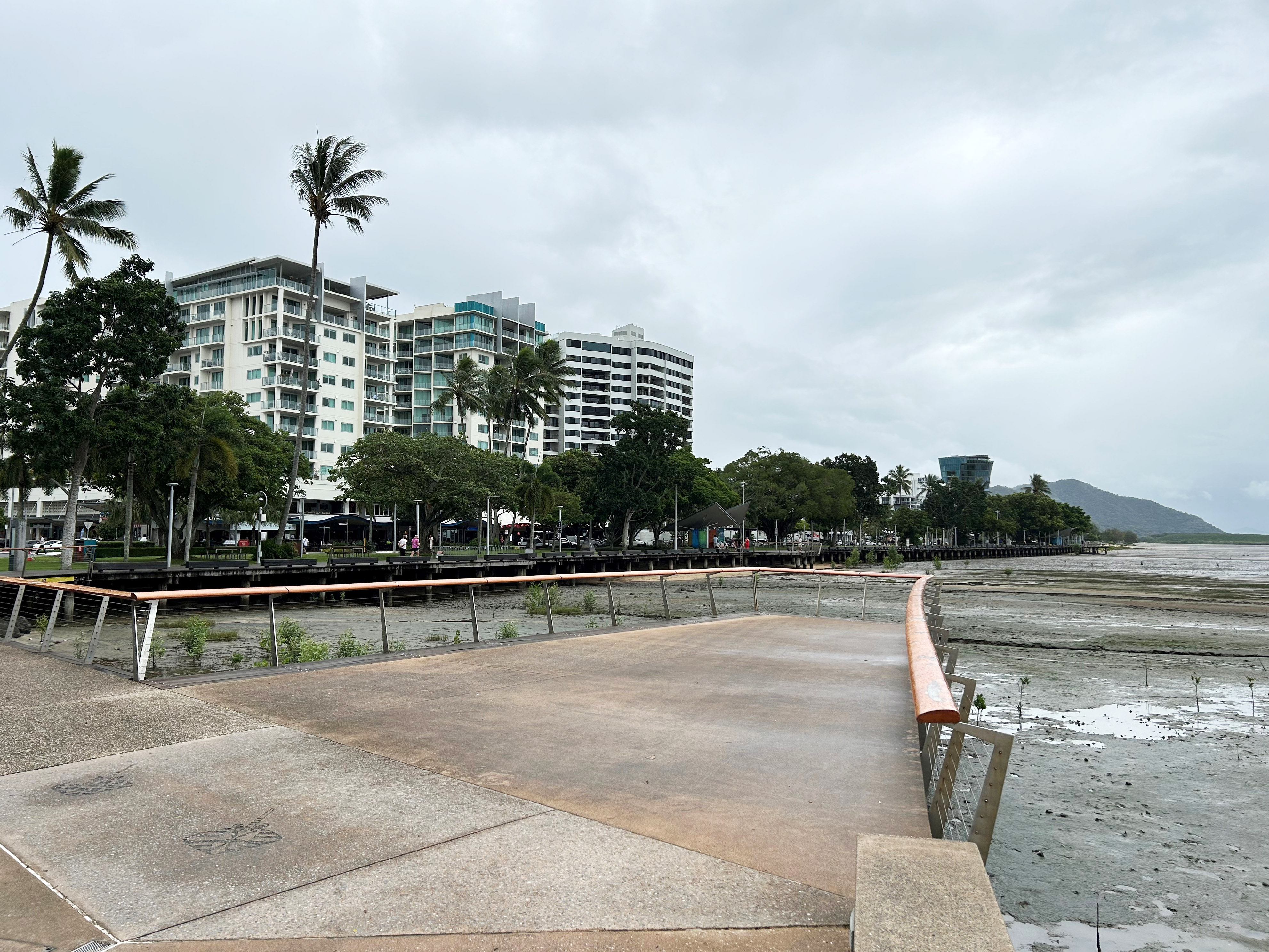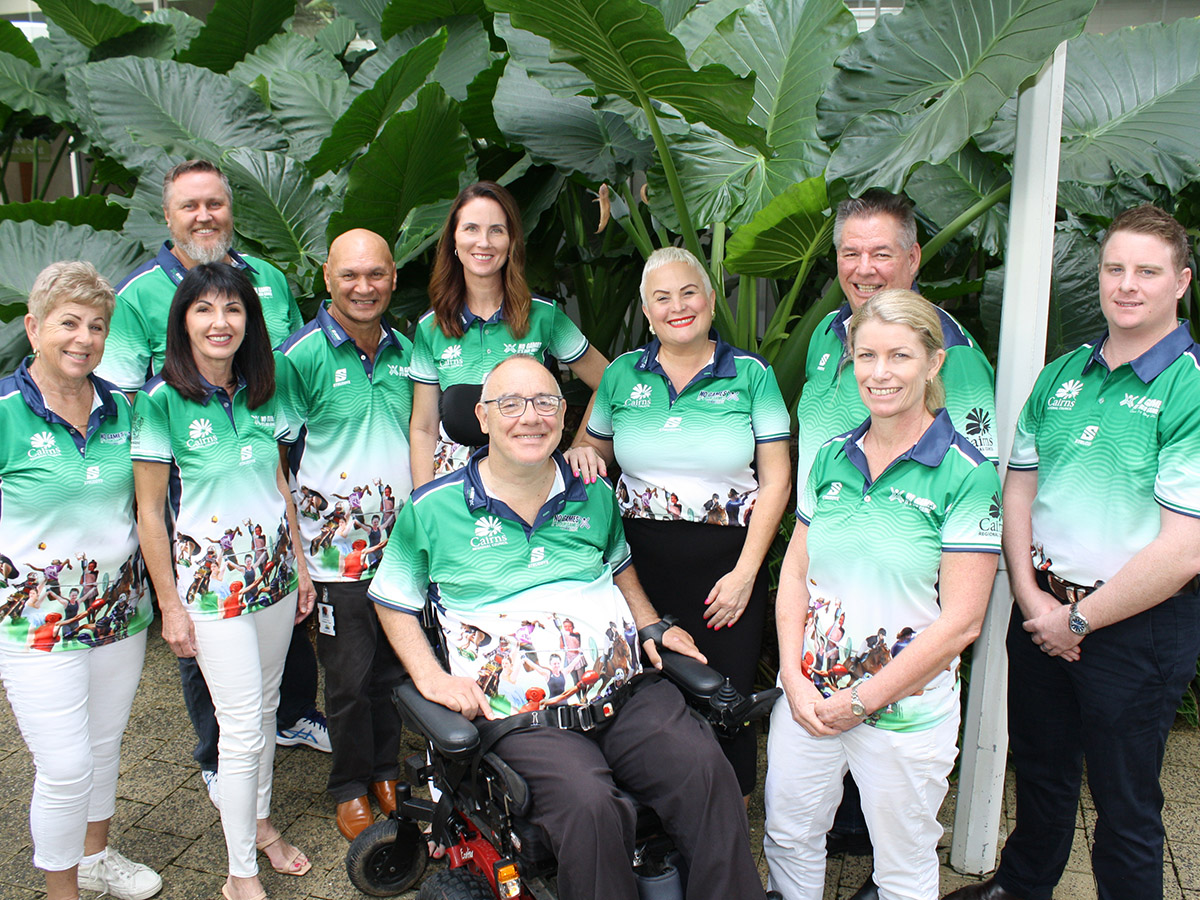Waste and recycling
Pressures
Waste generation and disposal typically has significant social, economic and environmental impacts within the municipality and across the supply chain. Council receives waste at four major facilities. Three smaller private waste disposal facilities also operate in the Cairns LGA, but their data have not been included here - Only domestic waste tonnes received by Council are included in this report.
A total of 99,945 tonnes of waste was received by Council in 2020/21, an increase of 4.6% on the previous year. Despite this recent increase, however, a wider view of the data reveals the Cairns residential population has increased by 6.5% since 2013/14, indicating a 3.3% reduction in waste generated per person over the longer term.
Council receives waste primarily through kerbside collected waste and recycling bins and through the transfer station network. The overall resource recovery rate (diversion from landfill) was 63%, an increase of 3% from the previous year.
Regular audits are conducted to track kerbside waste and recycling bin composition. These audits show that across the Cairns LGA the amount of recycling placed in residents waste bins was greater than the amount that is placed in the recycling bins. Approximately 9,000 tonnes of recycling is incorrectly placed in waste bins and sent to landfill each year.
Response
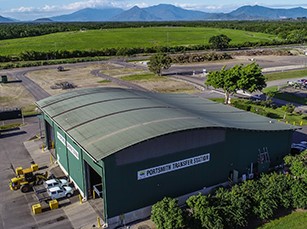
Materials Recovery Facility
Council's $14.3 million Materials Recovery Facility was officially opened in May 2021. It handles up to 30,000 tonnes of recycling each year with an average 85% recovery rate, a 26% increase over the former rate. The facility includes a new shed, a glass-sorting and processing plant, and an education room.
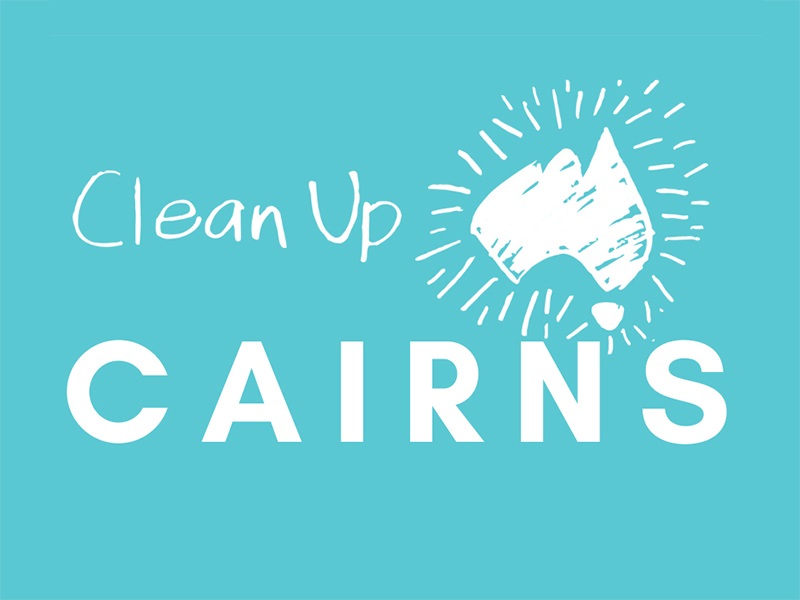
Clean Up Cairns
Let's protect the Reef from plastic pollution! Join a community clean-up in a suburb near you this September.
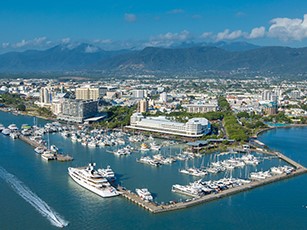
Waste strategy
Council’s Waste Reduction and Recycling Strategy 2018-2027 takes a circular approach to the waste hierarchy with the aim of keeping waste materials at their highest value in the economy for as long as possible, rather than being seen as having no value and buried in landfill.
Single Use Plastics Policy
Council is committed to reducing single use plastics and demonstrating leadership on this issue. We acknowledge the impacts that plastic pollution poses and the costs that are borne by Council and the community. Additionally, Council encourages the avoidance of unnecessary plastic waste through partnership with Plastic Free Cairns, who has signed up over 100 local businesses to its program.
Waste education
Council's Waste Education Officer engages with the community through a range of events, programs and partnerships to influence positive waste and recycling behaviours. Our Waste Education Program provides services to help Cairns schools and community groups reduce, reuse their waste and recycle right. These include presentations for students, teachers and community groups, free Waste & Resource Recovery facility tours (via the Rediscovery Centre) and free school recycling services.
Cairns Litter & Illegal Dumping Action Plan
The Cairns Regional Council Litter and Illegal Dumping Action Plan sets goals and associated actions to address litter and illegal dumping through infrastructure, education and enforcement. Council ran a nine-month program from July 2020 to May 2021 which responded to a total of 468 reports of illegal dumping, constituting almost 600 tonnes of waste.
Last Updated: 10 August 2022
Latest News > All News
Free green waste disposal starts this weekend
Residential green waste can be dropped off free of charge at transfer stations from 18 May to 26 May from...
Maintenance works on Esplanade viewing platform
Maintenance works on the western viewing platform on the Cairns Esplanade, behind the Reef Eye Ferris Wheel are scheduled to...
Council reaffirms water security is its top priority
Council has reaffirmed that the Cairns Water Security – Stage 1 project (CWSS1) remains its number one advocacy priority and...
